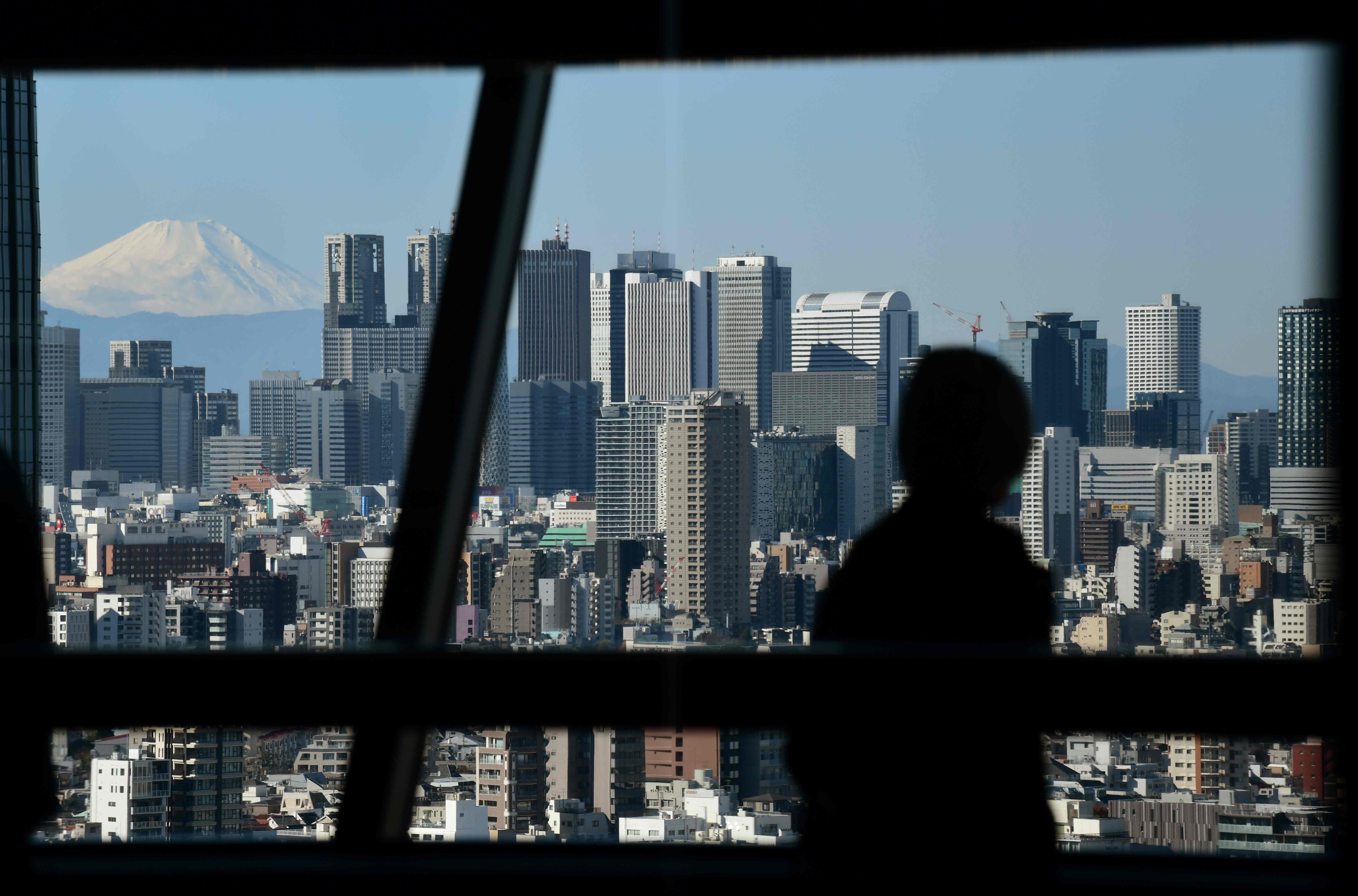Days after Japan enacted a law introducing a foreign-worker program to bolster a labor force shrinking due to the aging population, a study showed it could struggle to compete with other developed countries to attract residents from overseas.
The Gallup survey showed that the country's 126 million population would grow just 1 percent if there were global freedom of movement, compared with 147 percent for Canada and 46 percent for the U.S. But Japan would fare much better than South Korea, whose population would shrink 17 percent, it said.
The revised immigration law enacted last week is set to come into force in April despite criticism the approval process was too hasty. Japan is scrambling to fill vacancies in sectors including elderly care, construction and agriculture.
Following opposition protests, the government issued a forecast of 345,000 workers entering over the first five years of the program — only about a quarter of the number needed to plug the labor shortfall.
Japan was only 29th out of 63 countries in terms of ability to attract and develop talent, behind Taiwan and Estonia, in a ranking this year by IMD World Competitiveness Center. The retailing, manufacturing and service industries account for most foreign workers.
Yet those who do move to the country may expect a less hostile reception than elsewhere. A Pew Research Center survey found only 13 percent of Japanese respondents said there were too many immigrants in the country, while 58 percent said the current number was about right and 23 percent said there should be more. Thirty-seven percent of U.K. respondents, 41 percent of French and 28 percent of South Koreans said there were too many immigrants.




















With your current subscription plan you can comment on stories. However, before writing your first comment, please create a display name in the Profile section of your subscriber account page.